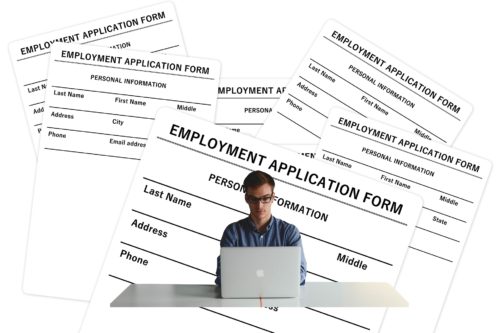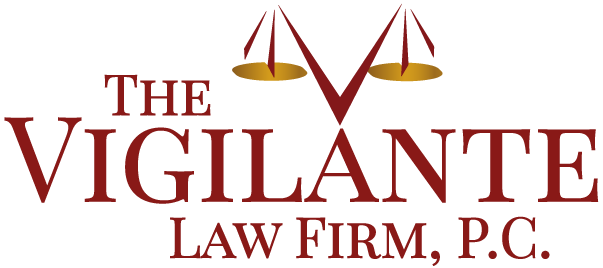
Federal and state laws were made to protect the workforce. Employees have rights that employers cannot take away from them. There are laws in place that provide guidelines on how employees should be treated. The Fair Labor Standards Act establishes minimum wage, overtime pay, recordkeeping and child labor laws. This act applies to employees in the private sector and in federal, state and local governments. The New Jersey Wage and Hour Law is another law made to prohibit employers from taking advantage of their workers.
New Jersey’s Law Against Discrimination (LAD) forbids harassment or discrimination based on race, creed, color, national origin, nationality, ancestry, age, sex (including pregnancy), familial status, marital status, domestic partnership status, affectional or sexual orientation, atypical hereditary cellular or blood trait, genetic information, liability for military service and mental or physical disability, perceived disability and AIDS and HIV status.
This long list of categories protects individuals from being discriminated against by employers. Employers cannot use these categories as a way to decide a candidate’s employment. By discriminating against an employee for one of the subjects mentioned, the employer is risking a wrongful termination case. Not only does this law prevent discrimination in employment, it also prohibits it in housing, places of public accommodation, credit and business contracts.
The Conscientious Employee Protection Act prohibits retaliation against an employee who has spoken out against unlawful or unethical conduct in the workplace. This is also known as the Whistleblower Act. For example, an employee may approach their boss with concerns about inappropriate behavior from their boss that makes them uncomfortable. If their boss becomes upset or angered by this encounter and in return fires the employee, this act can be used against them. This act makes the termination of the employee a wrongful one. This evidence could be used to prove that the employer was in the wrong and broke the law.
If you believe that you have been wrongfully terminated, it is important to seek professional advice. Any evidence or information applicable to the wrongful termination should be provided by the employee to prove their case.
The dedicated and compassionate attorneys at Vigilante Law Firm, P.C. would be happy to provide you with assistance in your case and help you protect your future when so much is on the line. Contact us today to schedule a consultation so we can assess the specific circumstances surrounding your lawsuit.


